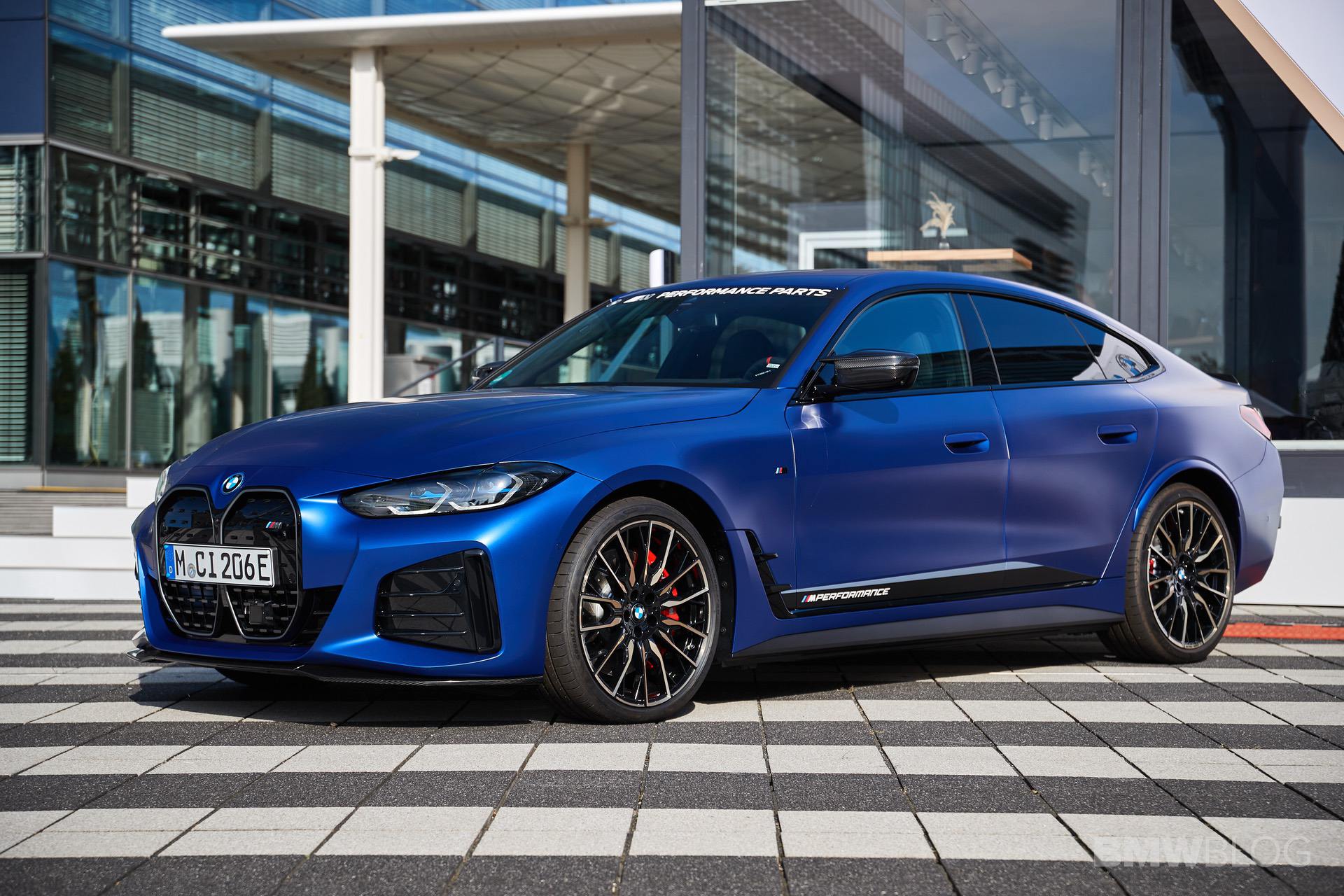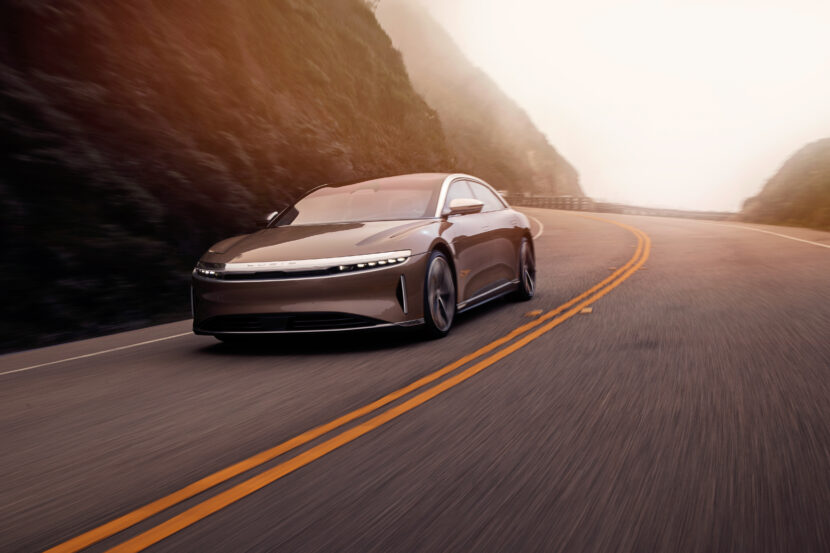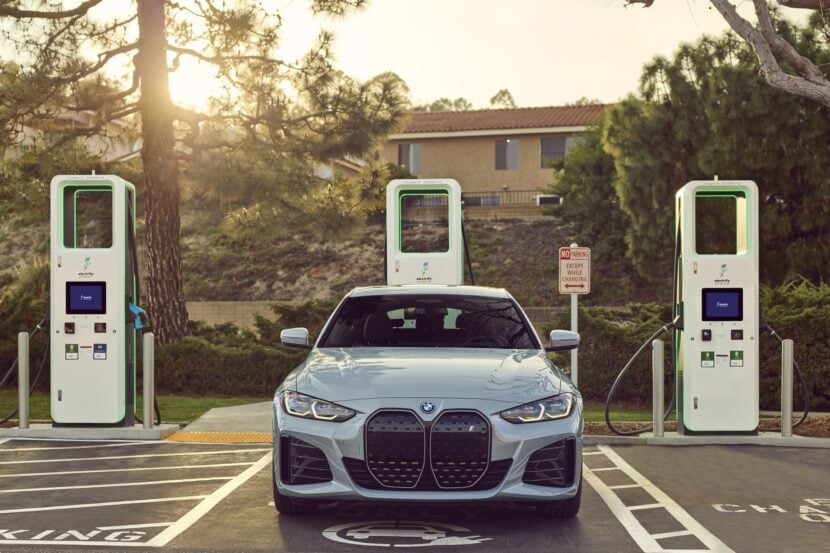Update. BMW has issued the following statement to BMWBLOG: “BMW has not established a range cap of 600km WLTP for electric vehicles. We cannot discuss the strategy for future battery electric vehicles, but you can imagine that BMW will continue to innovate in ways expected of the brand in all areas of e-mobility including range, charging, and total vehicle architecture.”
The range wars are very real in the world of electrification, as real as the horsepower wars were for decades. Car companies are fighting to out-range each other with their EVs because range is the very first spec EV customers look for. However, it seems like BMW is backing out of the range war, claiming that 600 km (373 miles) is enough.
During a recent conversation with WhichCar, BMW i4 Project Leader David Ferrufino said “We are aiming for 600 kilometers [of range] for our fully-electric cars, and 100 kilometers with our plug-in hybrids in everyday driving.” He claimed that 1,000 km (621 miles) neither necessary nor a target BMW has in mind.
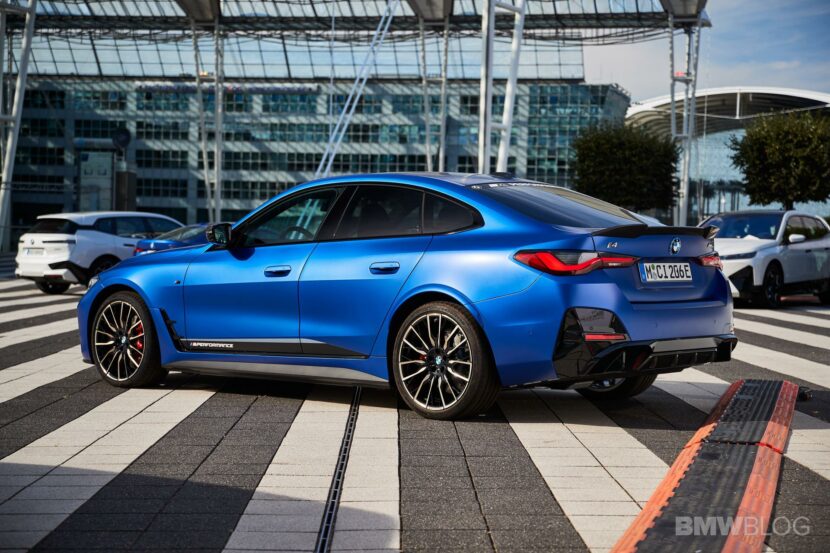
According to Ferrufino, charging speed and infrastructure is more important. “We not only have the advancements in battery technology, we also have the public charging network – which is growing rapidly. Going cross-country in Europe from Norway to Italy is already a joyful experience when you do it in an electric car,” he told WhichCar.
While he certainly has a point, and we discussed the importance of both charge speed and range in a previous article, I’m not quite so sure putting a ceiling on your max battery range is a good idea. Especially when there are cars that already have far more range than that. The Tesla Model S has had 400 miles of range for about a year now, already more than BMW’s claimed ceiling. It’s interesting also that BMW is putting a ceiling on its future range, a ceiling that’s already lower than its competition’s current offerings.
For instance, the Lucid Air Dream Edition boasts over 500 miles (800 km) of EPA-rated range. While it’s easy to stop off and charge in most well-developed countries, why bother if you don’t have to? The Lucid can keep on going for almost two hundred miles further than any BMW, which is likely enough to get to the next destination. With a 600 km (373 mile) range, you’d have to take a 30-40 minute stop to charge and that’s only if you can find a charger fast enough to do charge at that rate.
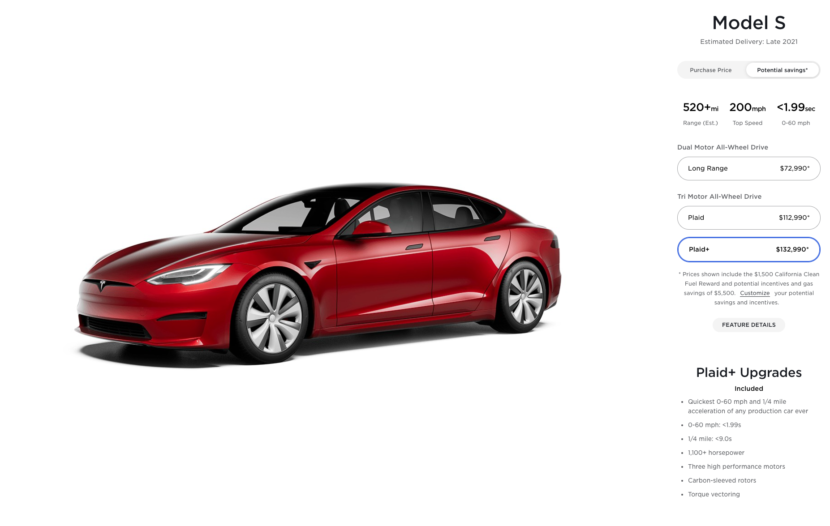
Admittedly, after several hours of driving, a half-hour break to use the bathroom, grab a coffee, and stretch your legs is actually welcome. So, in reality, Ferrufino has a point. However, putting a technological ceiling on your cars seems like a bad idea, especially when competitors can beat your ceiling right now. Instead, this seems like BMW is betting more on the infrastructure development rather than chasing endless electric miles.
Of course, huge ranges aren’t important on every car, as Ferrufino correctly points out. For instance, 1,000 km (621 miles) of range is worthless on something like a BMW i3. However, what about on a car like a BMW 8 Series, where long-distance grand touring is the entire appeal? Wouldn’t 1,000 km of electric range be important in a car like that?
Additionally, if you want to attract buyers of diesel cars, you’re going to have to do better than 600 km. In a recent Joe Achilles video, he got over 900 miles (over 1,440 km) in his BMW 730d and was extremely proud of that ability. Most diesel owners are proud of their car’s ability to travel incredibly long distances on one tank. Those customers would laugh at anything with under 500 miles of range, regardless of the charging network.
There’s no question that range isn’t the be-all-end-all of EV success and it isn’t the only metric by which EVs should be measured. Ferrufino does has valid points. But putting a concrete ceiling on your tech — saying “We don’t care about going further than ‘X'” — seems like a bad move. Lucid, Tesla, and Rivian are already ahead of BMW’s future ceiling, so when it comes to marketing, they might have the upper hand.
[BMW i4 photos by instagram.com/fabian_kirchbauer]


